Basic Tarot Knowledge
1. Deck Structure
A standard tarot deck consists of 78 cards, divided into two main sections:
- Major Arcana (22 cards): These cards represent significant life events or spiritual lessons. They include cards like The Fool, The Magician, and The Lovers.
- Minor Arcana (56 cards): These cards reflect everyday events and situations. They are divided into four suits:
- Wands: Associated with action, creativity, and ambition.
- Cups: Related to emotions, relationships, and intuition.
- Swords: Representing intellect, conflict, and decision-making.
- Pentacles: Linked to material aspects, career, and physical health.
2. Card Meanings
Each card has a general meaning, but its interpretation can vary depending on its position in a spread and whether it is upright or reversed.
- Major Arcana: These cards often highlight major influences or themes. For example, The Fool represents new beginnings and spontaneity, while The Tower can signify sudden upheaval or transformation.
- Minor Arcana: Each suit in the Minor Arcana tells a different part of the story:
- Wands: Focus on personal growth and challenges.
- Cups: Deal with emotional and relational aspects.
- Swords: Address thoughts, conflicts, and decision-making processes.
- Pentacles: Concern material wealth and practical matters.
3. Common Spreads
- Three-Card Spread: This simple layout often represents the past, present, and future.
- Celtic Cross: A more complex spread that covers various aspects of a situation, including obstacles, influences, and potential outcomes.
- Single Card Pull: Used for quick insights or daily guidance.
4. Using Tarot
To use tarot cards effectively:
- Formulate a Question: Be clear about what you want guidance on.
- Shuffle the Deck: Focus on your question while shuffling.
- Draw Cards: Select cards based on your chosen spread.
- Interpret the Cards: Read the cards based on their positions, relationships to each other, and their individual meanings.
5. Ethics and Practice
Tarot is a tool for reflection and should be approached with respect and an open mind. Many people use it as a way to gain insights rather than predict specific outcomes. It’s important to use it responsibly and not as a substitute for professional advice in areas like health, finance, or legal matters.

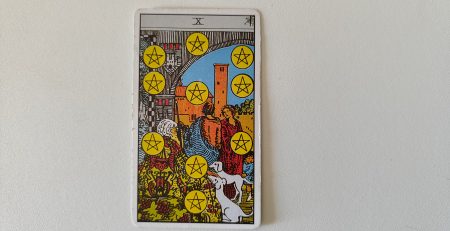
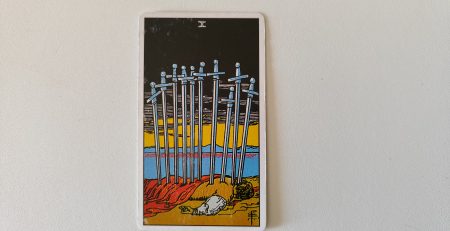
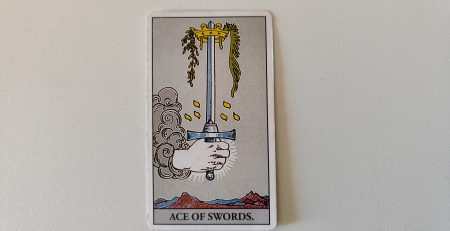
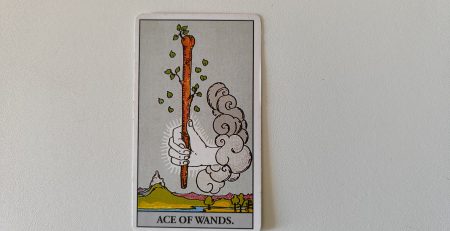
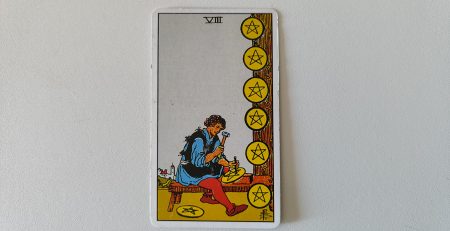
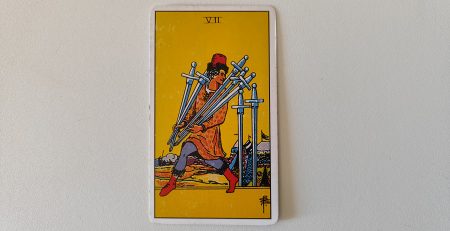
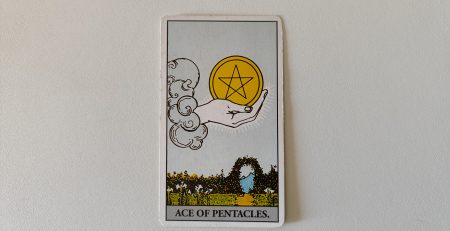
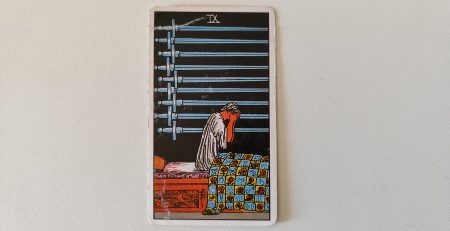
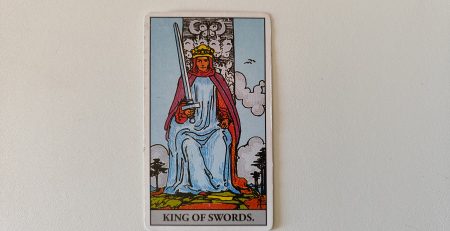

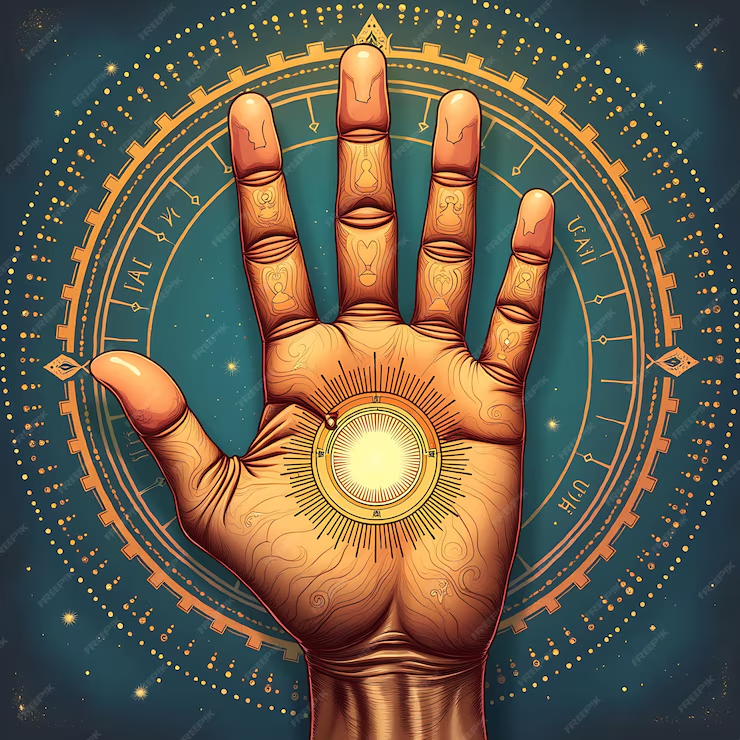
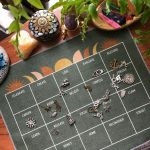

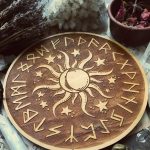
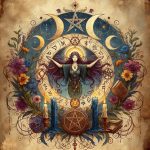
Leave a Reply